The African University of Science and Technology (AUST) is a private, pan-African, co-educational, research university located in Abuja, Nigeria. The mission of AUST is to advance knowledge through applied research and offering structured instruction with a focus on science, engineering, technology, and even applications to policy. Our holistic approach to teaching and research includes other areas of scholarship that will best serve the African continent in the 21st century. AUST is dedicated to providing its students with an education that combines rigorous academic study and the excitement of discovery with the support and intellectual stimulation derived from attracting some of the best brains drawn from a diverse international community of scholars. We seek to develop in each member of the AUST community the ability and passion to work wisely, creatively, and effectively for the betterment of humankind. In addition to its governing Board, AUST benefits from the collective knowledge, experience, and wisdom of an interdisciplinary team of scientists and engineers who are members of the African Scientific Committee (ASC) and the International Scientific Advisory Board (ISAB) both established at its inception.
| Acronym | AUST |
| Nickname | AUST |
| Colour | Marine blue, Brick red |
| Founded | 2007 |
| Location | Gwagwalada, Abuja, Nigeria |
| Address | Km 10 Umaru Musa Yar'Adua Road, Galadimawa 900107, Galadimawa, Federal Capital Territory Abuja,Nigeria |
The mission of AUST is to advance knowledge through applied research and offering structured instruction with a focus on science, engineering, technology, and even applications to policy.
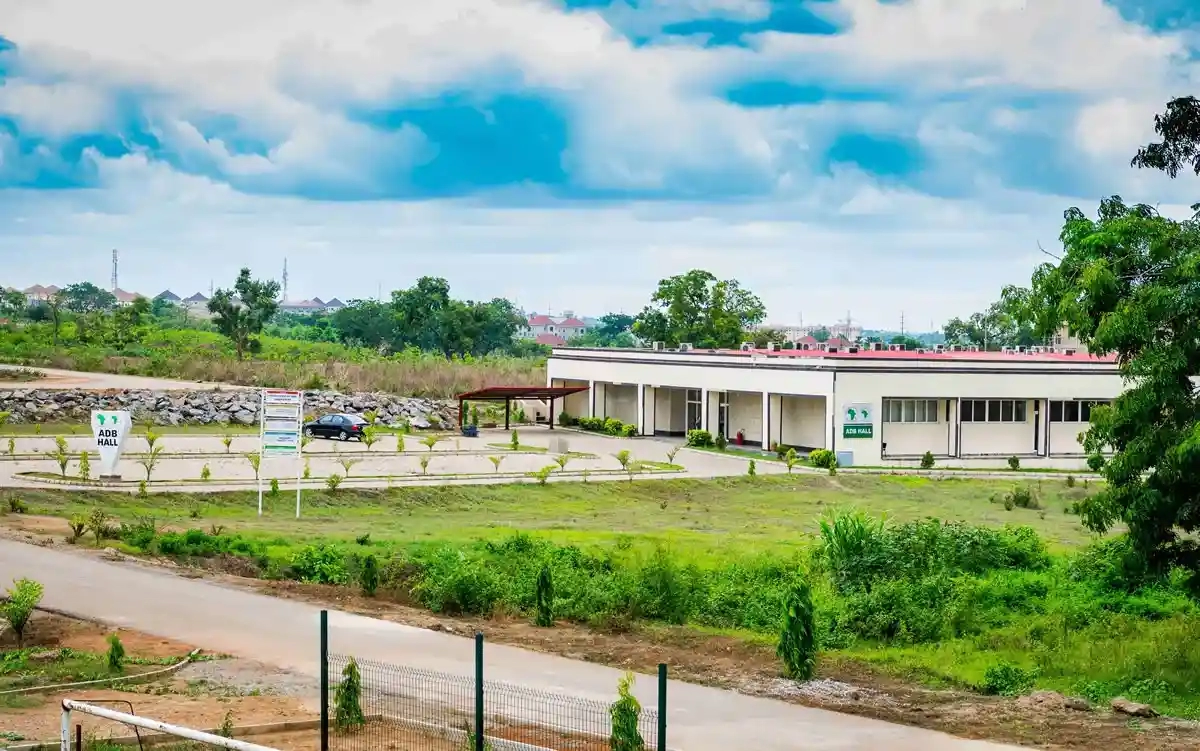
AUST is dedicated to providing its students with an education that combines rigorous academic study and the excitement of discovery with the support and intellectual stimulation derived from attracting some of the best brains drawn from a diverse international community of scholars.
The AUST initiative has received overwhelming support from around the world, especially in the scientific and donor communities, and from a number of bilateral relationships, as well as partnerships with the private sector. In its early stages, two middle income countries were very active in providing support — India through the IIT and IIS Systems and South Africa through the AIMS Mathematical Institute in Cape Town.
A number of African countries, development agencies and the African Union have shown a high level of commitment and clear expressions of interest in supporting the work of AUST.
The players associated with the governance and advisory board structures for the AUST are actively engaged. In its infancy, The World Bank Institute played an active role in shepherding the initiative and coordinating the efforts of an increasing number of parties both in and outside of Africa. The International Finance Corporation has been another active player, assisting in the development of the business and implementation plan and key aspects of the initiative.
Caution Fee: N100,000
Specific details of entry requirements for each of the programs can be found here.
Doctor of Philosophy (Ph.D.): a minimum of Second Class lower in their undergraduate program and also a minimum of a 3.50 CGPA (out of a possible 4.00), or its equivalent, at the masters level.
Prepare to upload or submit the following:
Email: [email protected]
Phone : +2349070343073
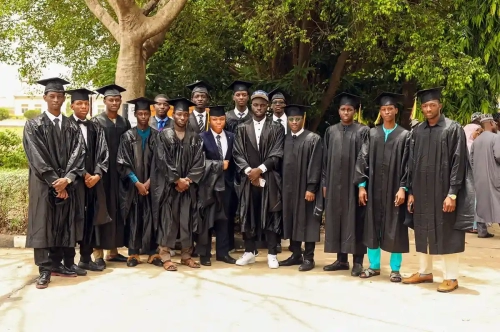
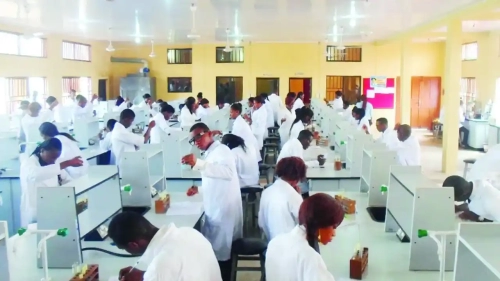
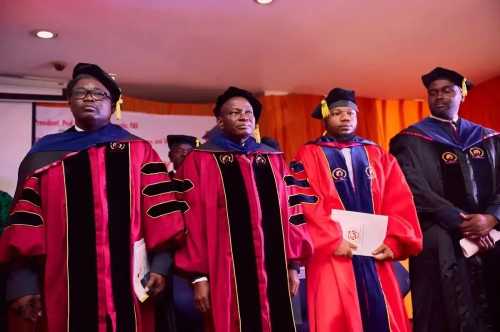
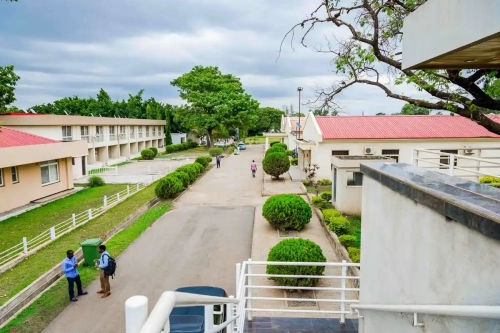
National Universities Commission, Nigeria
He has held many positions in the past including:
He is currently:
President, Soil Tillage Awareness Initiative (Nigeria Chapter of International Soil Tillage Research Organization - ISTRO-Nigeria)Member, Board of Directors, African Technology Policy Studies (ATPS) Network, Nairobi, Kenya.Fellow of a number of scientific and professional bodies including Nigeria Academy of Science, Nigerian Academy of Engineering, Nigerian Institute of Management, Nigerian Society of Engineers, Materials Science and Technology Society of Nigeria and Nigerian Institution of Agricultural Engineers.
Vitalis holds a BSc in Physics from the University of Buea, Cameroon, and both an MSc and a PhD in Materials Science and Engineering from AUST. A former World Bank and African Development Bank scholar, Vitalis is a member of several professional societies and has authored over 30 peer-reviewed scientific articles. His outreach efforts focus on promoting STEM careers among young students, particularly girls, and using 3D printing for COVID-19 response efforts. His vision is to develop AUST as a center of excellence for materials science research and innovation in Africa.
Prof. Kah was recently named as Vice President of Academic Affairs/Provost & Professor of Information Technology & Computing at American University of Nigeria. He is the outgoing Vice Rector for Technology & Innovation and Founding Dean of the School of Information Technology & Engineering at ADA University in Baku, Azerbaijan (2015-2017). He accepted this assignment immediately after completing a six-year term as the third Vice Chancellor/President of University of The Gambia (UTG) (2009-2015), where he also held the position of Professor of Information Technology & Communications and Overseer of the Teachers College. Prof. Muhammadou M.O. Kah was the first Gambian born to lead UTG.
In his 20-plus years in higher education, Kah has held teaching and leadership positions in the U.S. and abroad. His first full-time academic position was as director of institutional research and strategic planning at Bloomfield College, New Jersey. He would go on to cement his career in academia at Howard, George Washington and Rutgers developing and teaching courses in information technology, computer science and information systems. In addition, he also served in the Middle East at the American University of Sharjah(AUS) as Department Chairman.